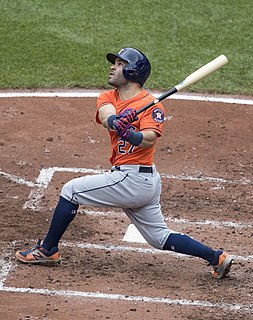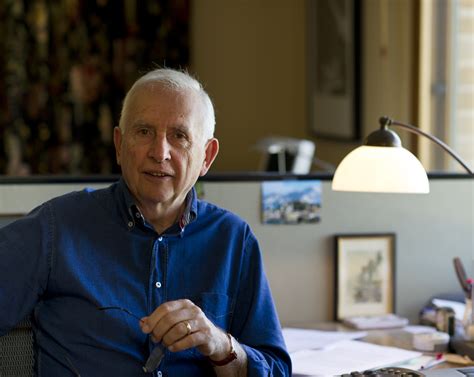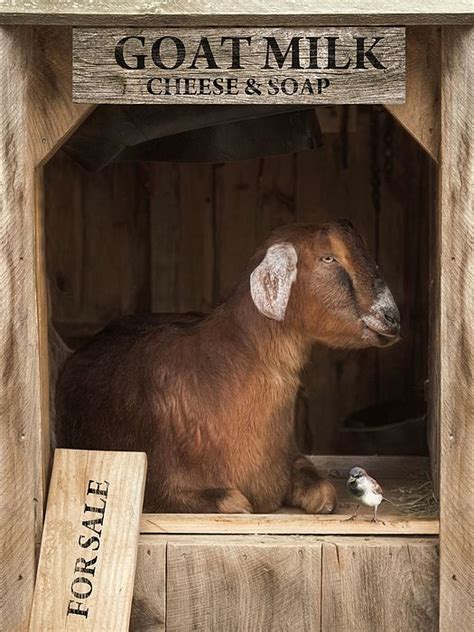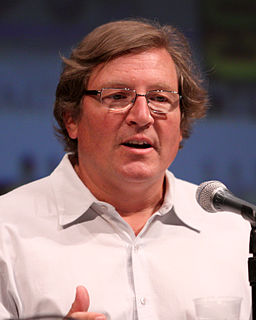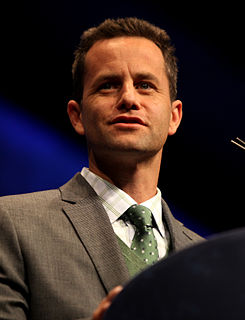A Quote by Lee Unkrich
If you ask any of us which movie we were making when one of our kids was born, we'll be able to tell you instantly. It's like our family lives are permanently woven into the movies.
Related Quotes
When we talk about something like student loans, what we should be talking about is the fact that every American wants their kids to do better than we have done. If we can get that, the other thing we'd really like is for our kids to be able to come home and raise their kids in the community where we raised them. What unites all of us, no matter where you live in the country, is we want our family to be safe, we want the next generation in our family to be more successful than us, and we would like our family to be close together.
One of the most important responsibilities of leaders in any setting - including business organisations - is to tell us our own story; to explain us to ourselves; to help us weave some meaning and purpose into the fabric of our lives; to illuminate our understanding of where we have come from; to paint word pictures of our future onto which we can project our aspirations.
I think all of us have really got to redouble our efforts, first of all, to pay attention to the K-12 crisis. The sad fact is that I can look at your zip code and tell whether you're going to get a good education. That's not fair. And secondly, I hope that all of us who were fortunate enough to have benefited will put our time, our resources and our efforts into making sure that kids, particularly kids without means, have a way to achieve.
I am a man, and men are animals who tell stories. This is a gift from God, who spoke our species into being, but left the end of our story untold. That mystery is troubling to us. How could it be otherwise? Without the final part, we think, how are we to make sense of all that went before: which is to say, our lives? So we make stories of our own, in fevered and envious imitation of our Maker, hoping that we'll tell, by chance, what God left untold. And finishing our tale, come to understand why we were born.
The artist appeals to that part of our being which is not dependent on wisdom; to that in us which is a gift and not an acquisition-and therefore, more permanently enduring. He speaks to our capacity for delight and wonder, to the sense of mystery surrounding our lives; to our sense of pity, and beauty and pain.
Haven't we all grown up trusting high street banks? Their branches were fixtures, not only in our towns and cities, but in the way our lives ran. Yet it is no exaggeration to say that thousands, possibly millions of us, instead of being helped have found our lives permanently damaged by the toxic U.K. financial system.
We were not born critical of existing society. There was a moment in our lives (or a month, or a year) when certain facts appeared before us, startled us, and then caused us to question beliefs that were strongly fixed in our consciousness-embedded there by years of family prejudices, orthodox schooling, imbibing of newspapers, radio, and television. This would seem to lead to a simple conclusion: that we all have an enormous responsibility to bring to the attention of others information they do not have, which has the potential of causing them to rethink long-held ideas.
Pretty early on in making the first movie I realized that this is what I wanted to do. I felt like by that time I just found my niche, like this is what I was supposed to be doing. So I completely submerged myself into the world of watching movies, making my own movies, buying video cameras and lights. When I wasn't making a movie, I was making my own movies. When I wasn't making movies, I was watching movies. I was going back and studying film and looking back at guys that were perceived as great guys that I can identify with. It just became my life.
I think what's fun of making a Transformers movie is that it gets to be all of the above. I think, thematically, this movie is ... because of the third movie, you can ask questions in this movie you couldn't ask in the previous films. Like I was referring to the fact that they were abandoned by humans in the previous film; their attitude is different, so we've been able to tackle different themes.
Our God, who art our winged self, it is thy will in us that willeth.
It is thy desire in us that desireth.
It is thy urge in us that would turn our nights, which are thine, into days which are thine also.
We cannot ask thee for aught, for thou knowest our needs before they are born in us:
Thou art our need; and in giving us more of thyself thou givest us all.


